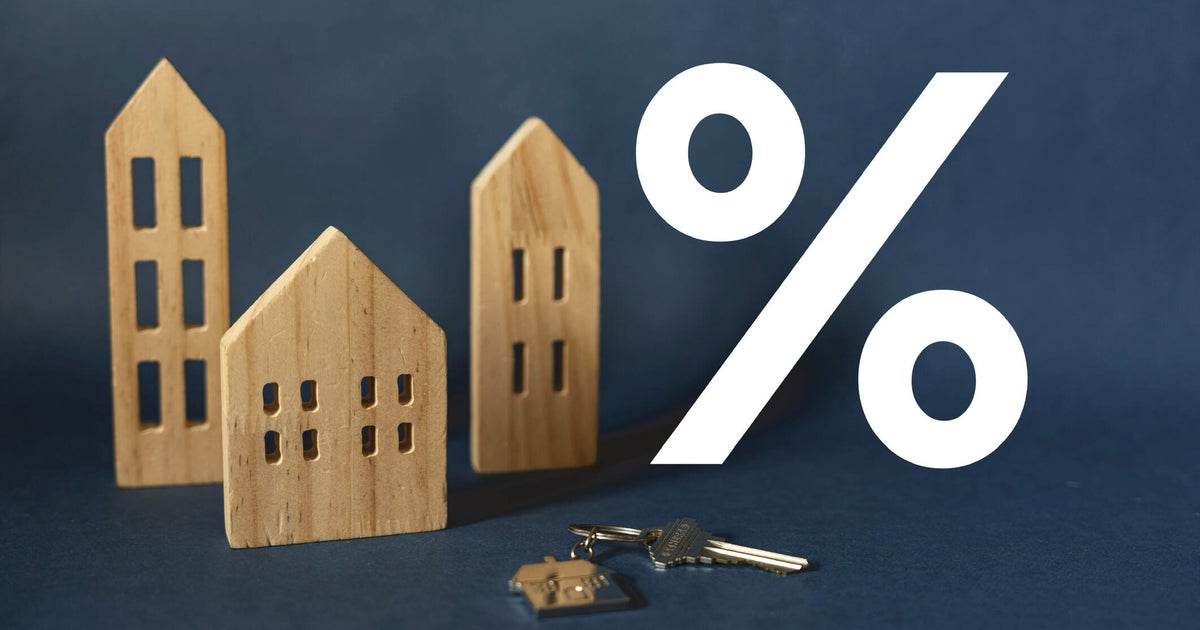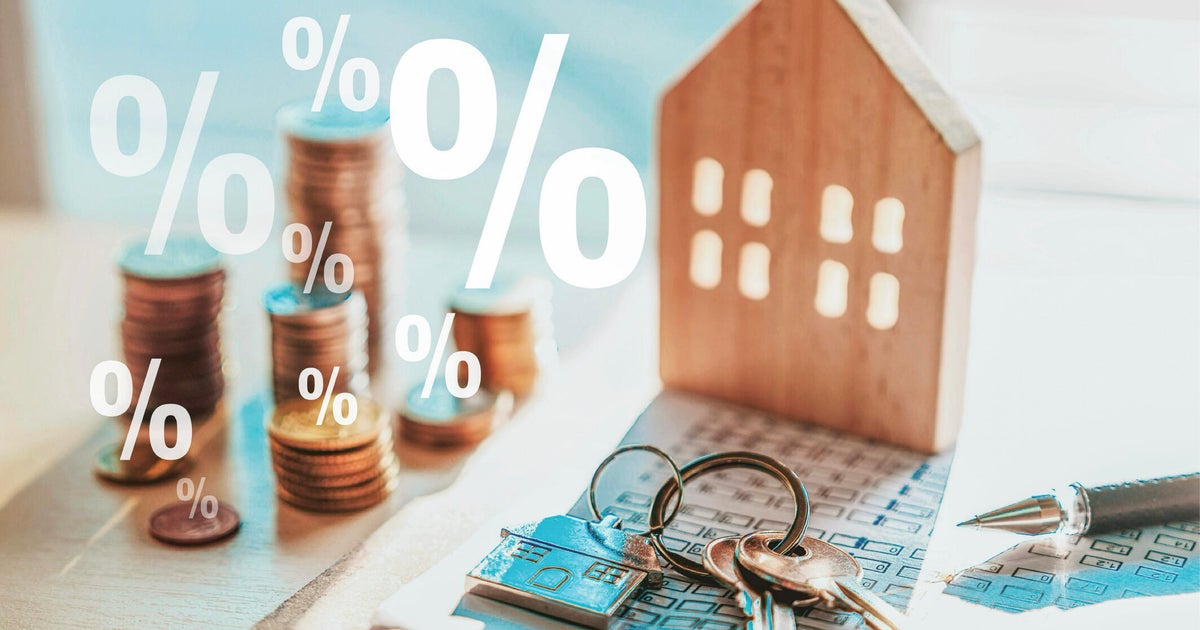What to know about personal loans
If you've been considering a personal loan, it could be for any number of reasons. Personal loans are like the Swiss Army Knife of credit options - as useful as they are versatile.
Whether you're looking to remodel your bathroom or pay for some unexpected medical bills, a personal loan may be worth considering. And unlike other forms of credit, they're relatively easy to obtain and not as pricey to pay back.
If you're in the market for a personal loan you can easily get started today.
Read on to learn more about how personal loans work, how to qualify for one and how to decide if it's the right option for you.
What is a Personal Loan?
A personal loan is an unsecured loan, which means there is no physical property backing the loan. Mortgages and car loans, for example, are both considered to be secured loans. Borrowers can use personal loans for several reasons including loan consolidation, home repairs, vacations, emergency expenses and more. Personal loans are also often considered a good way to consolidate debt.
You can get a personal loan from a bank, credit union or an online lender. Start by applying with the lenders you already have a relationship with, as they may be willing to offer you a better interest rate.
Since the Federal Reserve has raised interest rates several times this year, rates on personal loans may be slightly higher than they were a few months ago. Interest rates will also vary depending on your credit score, income, loan amount, repayment term and more. To find the lowest interest rate, you should compare rates among multiple lenders and see what rates you qualify for.
Rates on personal loans may be lower or higher than rates for credit cards, depending on the lender, your credit score and other factors. Personal loan rates will almost always be higher than rates for home equity loans or lines of credit, because they use the home as collateral, while personal loans have no collateral.
How to Qualify for a Personal Loan
Applying and being approved for a personal loan is similar to applying for any other type of loan. You'll have to provide your name, contact details, Social Security Number and employment information. You'll also have to share how much you need to borrow and the purpose of the loan.
If you qualify, you will then find out what interest rates and repayment terms you're eligible for. In general, longer repayment terms have higher interest rates and lower monthly payments, while shorter repayment terms have lower interest rates and higher monthly payments.
If you get quotes from multiple lenders, you should compare rates and fees carefully to find the best deal. Make sure to look at the APR and not just the interest rate. The APR will include any fees that the lender charges, so it's more accurate than just looking at the interest rate.
How to Decide if a Personal Loan Makes Sense
A personal loan can be a useful tool if you need to pay for a large expense and want a relatively long repayment term. For example, if you need to pay for a new roof, getting a personal loan could let you pay less in total interest than if you put the same amount on a credit card.
However, if you can repay the amount in a few months, you may be better off finding a credit card that offers 0% APR for a limited time. These special 0% APR deals usually last between six and 21 months. If you can qualify for one of these cards and pay off the balance before the 0% APR offer expires, you could save more in interest than if you took out a personal loan.
If you have a home, you may also be able to qualify for a home equity loan or line of credit, which usually have lower interest rates than personal loans. You may also receive a longer loan term than what a personal loan offers, which could provide more payment flexibility. The downside is that your home will be used as collateral, so if you default, the home may be seized by the lender.
Still not sure if a personal loan is your best option? Personal loan experts can help you decide today.
Other alternatives to consider
If you're a homeowner that needs access to funds then there are other options to consider in addition to personal loans.
Cash-out refinancing: This is when you take out a new mortgage loan for an amount larger than what you currently owe. You then pay off the initial loan and receive the difference between the two back as cash. You can use the cash you receive as you see fit, although you'll have to pay off the new amount off as you would a normal mortgage. Still, depending on the rates you're quoted for a personal loan, this may be a better option. Talk to an expert who can help guide you.
Reverse mortgages: The eligibility requirements for this are a little tighter (you need to be a homeowner and 62 or older). Still, it could be a reliable way to access cash to pay off debt or for other needs. A reverse mortgage allows homeowners who have completely paid off (or paid off most of) their mortgage, to take out a portion of their home's equity. This qualifies as tax-free income and can be used as you would a personal loan. There are multiple providers who can help determine if this is right for you.




